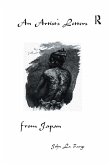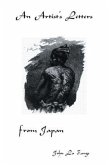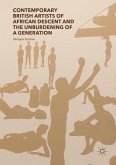Universities have become important sources of patronage and professional artistic preparation. With the growing academization of art instruction, young artists are increasingly socialized in bureaucratic settings, and mature artists find themselves working as organizational employees in an academic setting. As these artists lose the social marginality and independence associated with an earlier, more individual aesthetic production, much cultural mythology about work in the arts becomes obsolete. This classic ethnography, based on fieldwork and interviews carried out at the California Institute of the Arts in the 1980s, analyzes the day-to-day life of an organization devoted to work in the arts. It charts the rise and demise of a particular academic art "scene," an occupational utopian community that recruited its members by promising them an ideal work setting. Now available in paperback, it offers insight into the worlds of art and education, and how they interact in particular settings. The nature of career experience in the arts, in particular its temporal structure, makes these occupations particularly receptive to utopian thought. The occupational utopia that served as a recruitment myth for the particular organization under scrutiny is examined for what it reveals about the otherwise unexpressed impulses of the work world.
Hinweis: Dieser Artikel kann nur an eine deutsche Lieferadresse ausgeliefert werden.
Hinweis: Dieser Artikel kann nur an eine deutsche Lieferadresse ausgeliefert werden.








